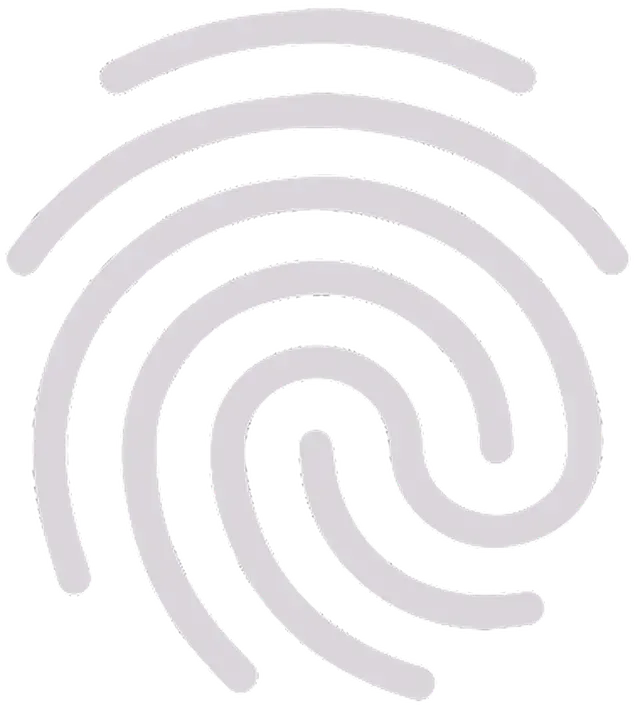Obsessive Compulsive Disorder (OCD)
Highest quality online therapy and psychiatry services in Manhattan as well as New York, New Jersey, Connecticut, Florida.
Rappore is a team of compassionate psychiatrists, nurse practitioners, and therapists who are experts in treating a variety of conditions including obsessive compulsive disorder (OCD). We offer coordinated care that includes a wide range of evidence-based psychotherapies as well as safe, effective prescribing. We believe that building rapport with you and paying attention to detail will help you solve problems and reach your full potential. Headquartered in Manhattan our telehealth appointments, humanizing technology, and cost-effective care empower you to achieve your goals quickly. We serve adults aged eighteen and up who reside in New York, New Jersey, Connecticut, Florida..
What is Obsessive Compulsive Disorder?
Obsessive Compulsive Disorder is characterized by obsessions (distressing and recurring, unwanted thoughts, images, or urges) and/or compulsions (repetitive behaviors that a person feels driven to perform, often in response to an obsession or according to rigid rules).
What are symptoms of Obsessive Compulsive Disorder?
Common obsessions include continuously fearing that one has been contaminated by germs or dirt, experiencing repetitive, unwanted, forbidden, or taboo thoughts about sex, religion, or harm, and desiring everything to be symmetrical or in perfect order.
Common compulsions include excessive cleaning and/or handwashing (in response to the obsession of being dirty or contaminated); ordering and arranging things in a precise way (in response to obsessive concerns about disorder or lack of symmetry); and repeatedly checking on things, such as repeatedly checking to see if the door is locked or that the oven is off in response to obsessive doubts. Some compulsions are in response to more general feelings of unease, like repeatedly counting up to the number 77 and having to redo the count over and over if the person feels like they did not do it correctly.
Obsessive thoughts and compulsive behaviors can be very disruptive and time-consuming, sometimes taking hours out of a person’s day that could have been spent doing something more productive or enjoyable. Some behaviors, such as compulsive hand washing (which causes chapped, raw skin), can be harmful on their own.
Notably, depression and anxiety are commonly co-occuring conditions.
When should I seek help for Obsessive Compulsive Disorder?
A consultation is warranted if your repetitive thoughts and behaviors are time-consuming and seriously interfering with many parts of your life, including job, school, and personal relationships. An evaluation begins with your completing Rappore’s Mental Health Fingerprint® which will assist in matching you with a psychotherapist or a psychiatrist. Following your consultation, your clinician will be able to make recommendations for appropriate therapeutic interventions based on a careful review of all relevant information.
What are some treatment options for Obsessive Compulsive Disorder?
People with OCD typically benefit most from a combination of psychopharmacology (medication management) with a class of medications called selective-serotonin reuptake inhibitors (SSRIs) and specific type of cognitive behavioral therapy (CBT) called exposure and response prevention (ERP) which has the strongest evidence supporting its use in the treatment of OCD.
No case is too complicated. Our team of licensed psychiatrists and therapists is dedicated to helping you find solutions to life’s challenges.

Anxiety
PMDD & Cyclical Mood Shifts
Pregnancy & Postpartum
Obsessive Compulsive Disorder (OCD)
Trauma & Post-Traumatic Stress (PTSD)
Depression
Bipolar
Attention Deficit Hyperactivity Disorder
(ADHD)
Eating Disorders
Women's Mental Health
Perimenopause & Menopause
College & Graduate Student Mental Health
LGBTQ+ Mental Health
Job Stress
Dating Challenges
Couples Issues
Parenting Issues
Borderline Personality